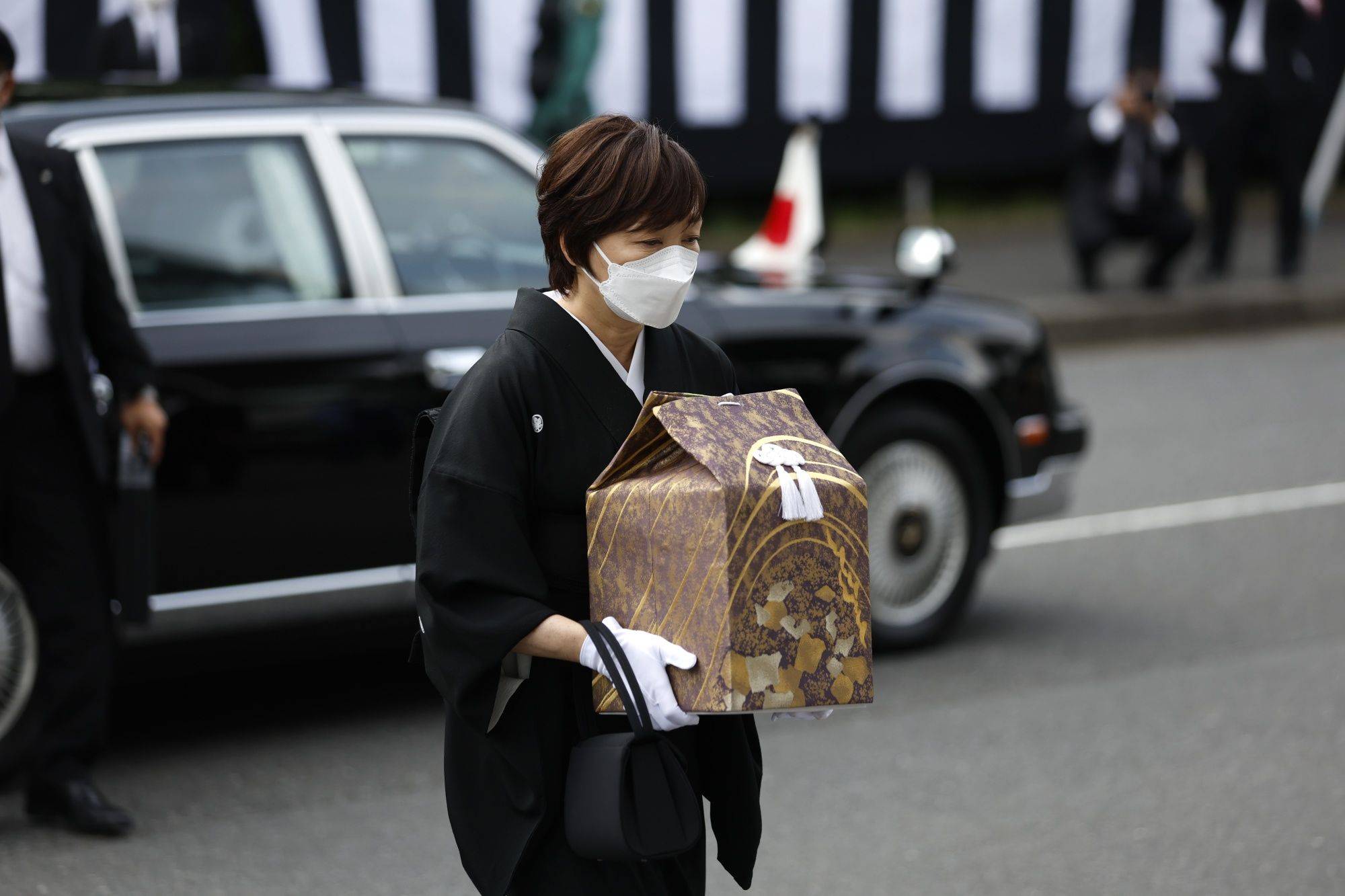Spare a thought for Japanese Prime Minister Fumio Kishida, watching the pomp and circumstance of last week’s state funeral for Queen Elizabeth II.
Kishida’s plan to hold a ceremonial farewell for Shinzo Abe, Japan’s longest-serving premier who was assassinated on the campaign trail just two days before Upper House elections this July, was likely intended to be a similarly uniting moment for the country. Instead, it has deepened partisan divides, collapsed Kishida’s polling numbers, and is threatening to turn him into Japan’s latest short-term leader.
State funerals are, admittedly, an uncommon sight in Japan. Only a handful have taken place in the postwar period, and only once for a prime minister — that of Shigeru Yoshida, the man who began to rebuild Japan after World War II. Other officials, such as the great Cold War-era prime minister Yasuhiro Nakasone have been given ceremonies one level below, with costs split between the ruling party and the government.



